Short-Term Rentals in an HOA: What Every Host Needs to Know
🡐 Back to Resources | August, 2025 | Written by Nick Sheveland
Homeowners associations (HOAs) can be both a blessing and a challenge for short-term rental (STR) hosts. On one hand, they help maintain property values and community standards. On the other, strict bylaws and restrictions can complicate your ability to list your home on Airbnb or Vrbo.
If you live in an HOA and are considering STRs, it’s essential to know the rules, risks, and strategies to stay compliant while maximizing your investment.
Why HOAs Matter for STR Hosts
Unlike standalone properties, homes in HOA communities are subject to governing documents such as covenants, conditions, and restrictions (CC&Rs). These rules can directly impact your ability to operate an STR.
Common HOA restrictions include:
Banning short-term rentals entirely
Requiring minimum rental terms (e.g., 30+ days)
Restricting guest access to amenities like pools or gyms
Limiting exterior signage or parking availability
Failure to comply can result in fines, legal action, or even forced removal of your listing.
For additional legal insights, see our article on navigating STR insurance.
Steps to Renting in an HOA Successfully
1) Review Governing Documents
Start by carefully reviewing your HOA’s CC&Rs, bylaws, and any amendments. Look specifically for clauses related to leasing or rental duration.
2) Communicate with the HOA Board
Before listing, speak with your HOA board or property manager. Open communication can prevent misunderstandings and clarify gray areas.
3) Secure Proper Insurance
Even if allowed, STRs in HOAs may come with additional liability. Ensure your coverage includes guest stays, property damage, and common area incidents.
Check our full short-term rental insurance guide.
4) Set Clear Guest Rules
Protect your standing in the community by enforcing guest rules on noise, parking, and amenity use. Transparency reduces the risk of complaints.
For guest experience strategies, read our guide to crafting a stellar Airbnb stay.
5) Leverage Professional Management
A property management partner can ensure your STR complies with HOA guidelines while handling communication, cleaning, and guest issues.
Challenges STR Hosts Face in HOAs
Operating STRs in HOA communities often means navigating:
Neighbor complaints about noise or parking
Ambiguity in bylaws that may not specifically mention STRs
Changes in HOA policy, as boards adjust rules in response to STR growth
To prepare for these risks, see our preventative maintenance guide — it’s about more than property upkeep; it’s about staying proactive.
The Clear Stay Advantage
At Clear Stay Properties, we understand the challenges of hosting within HOAs. Our services help owners:
Interpret HOA rules and stay compliant
Manage guest communication to minimize friction
Provide cleaning and maintenance systems that keep neighbors happy
Balance HOA compliance with profitability through dynamic pricing strategies
We partner with you to ensure your property is guest-ready while maintaining positive standing in your community.
The Takeaway
HOAs can complicate short-term rental operations, but with the right approach, compliance and profitability can go hand-in-hand. By knowing the rules, setting clear expectations, and leveraging professional management, you can protect your property while maximizing returns.
👉 Thinking about renting your HOA property on Airbnb? Fill out the form below to schedule your free consultation with Clear Stay Properties — and let our experts guide you through every step.


